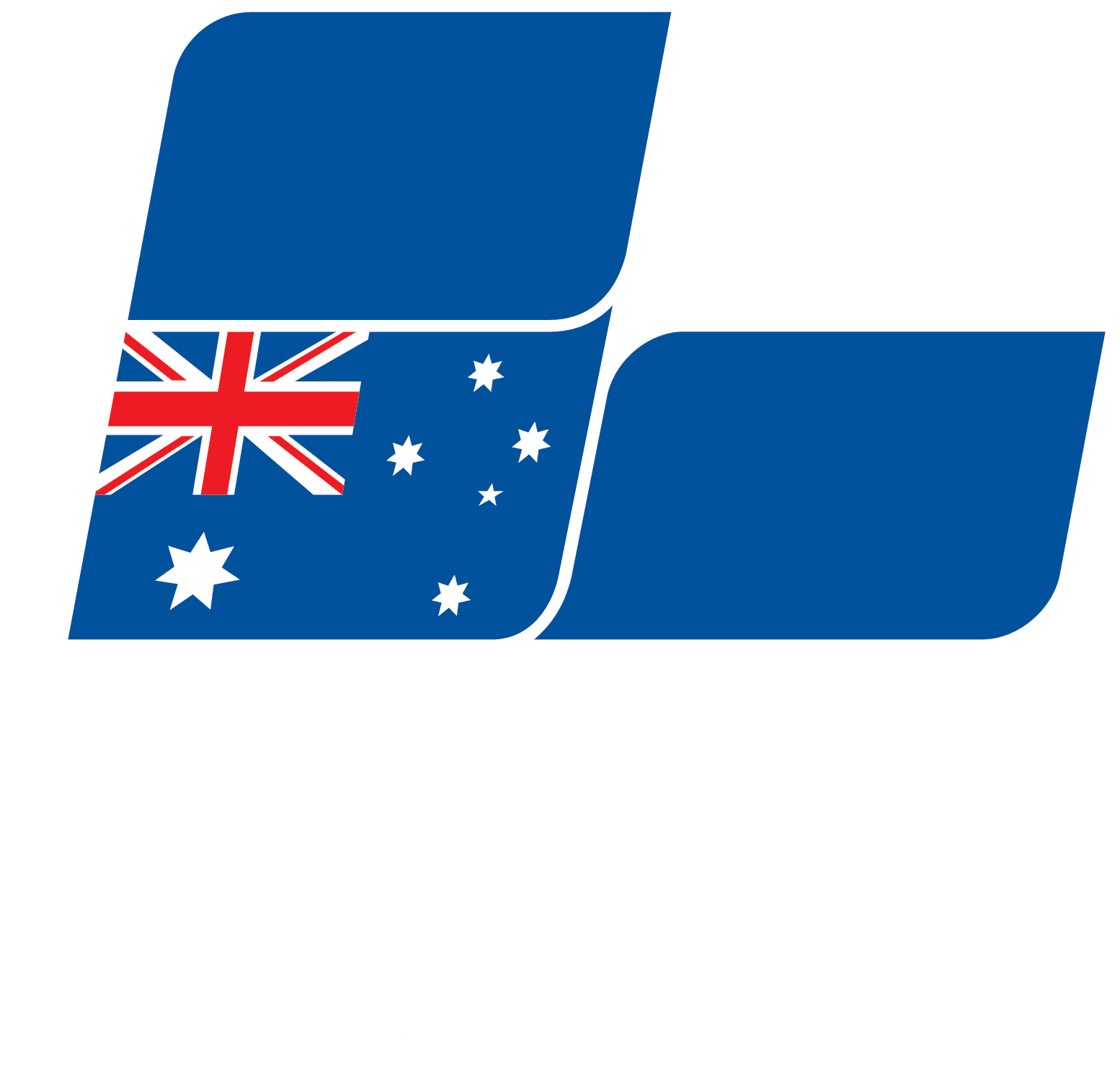Pakistan Election – 16 August 2018
Senator REYNOLDS (Western Australia) (19:22): Last month I had the great honour of representing Australia as a member of the Commonwealth Observer Group to the Pakistan national election on 25 July. It was my first but certainly will not be my last visit to this fascinating, friendly and wonderfully diverse nation. I found Pakistan a culturally, religiously, ethnically and geographically diverse nation, a nation that defies a single or easy definition. It would be hard to find a nation more at the centre of global geostrategic thinking. Pakistan is a nuclear power sitting at the fulcrum of South Asia and the Middle East. It borders with India, China and Afghanistan and it sits on the Arabian Sea. It has a rapidly growing population, now consisting of over 200 million people, with a high proportion under 20 years old. It comprises five major ethnic groups, and it now has more refugees than any other country. Religiously, it is overwhelmingly a Sunni Muslim nation with close ties to Saudi Arabia, and it has a range of minority religious groups. Pakistanis face economic and social challenges that Australians could not even dream of. Despite that, on 25 July they came together as a nation to vote in hope of a change for themselves and their children. Pakistan matters to the world. Pakistan matters to the Commonwealth family, and it also matters to us here in Australia.
Election observation itself supports democratic partners in delivering free and fair elections within their own electoral laws. It is always strictly impartial and independent and with the support of the country that we observe in. This 15-member Commonwealth observer group was ably led by General Abdulsalami Abubakar, Nigeria’s former head of state. The observer mission spent 12 days in Pakistan, observing events both leading up to the election and on the polling and counting day. Also, we observed the declaration of the results. I’d like to commend Baroness Scotland on the professionalism of her team and the high esteem in which they were held by all of the Pakistani groups that we were fortunate enough to engage with. As a consequence, there were no closed doors to our observer group. Our group met delegations from political parties, civil society, the media and also the military to understand the pre-election environment and, afterwards, to receive feedback on the conduct of the election. It is my sincerest hope that the election proves to be a democratic game changer for over 200 million Pakistani citizens.
This was truly a historic election for Pakistan. It was only the second consecutive democratic transition of power in the nation’s history. As chair of the Australian parliament’s Electoral Matters Committee, I am deeply aware that, in all democracies, including our own, to accept the outcome of an election, citizens must have confidence in the integrity of the electoral system itself and they must have confidence that the results declared accurately reflect the ballots cast. This election was closely observed by domestic and international observers. In addition to the Commonwealth observer group, there was also one other overseas observation group, from the European Union. Also, there were many diplomats based in Pakistan who observed the election. The local Pakistani Free and Fair Election Network also deployed 20,000 citizen observers at 80 per cent of the polling booths. There is no question at all in my mind that the result represented the overwhelming majority of Pakistani voters and also, I believe, their citizens.
I must commend the Electoral Commission of Pakistan, the ECP, who did an outstanding job in very difficult circumstances. The electoral reform strengthened the country’s election framework, and the expanded power of the ECP clearly assisted in the successful delivery of this election. Despite the very short time the ECP had to implement these significant reforms, they did an outstanding job in seeing their mandate was delivered and transparent elections were upheld and done on schedule. But what really blew me away was the logistics of the election itself. They were simply staggering. There were 106 million eligible voters, and they cast ballots in 270 of the 342 National Assembly seats and 570 provincial seats. There were 122 registered political parties, 12,570 candidates, 85,390 polling stations and 800,000 polling officials, and 450,000 police and 350,000 military personnel were deployed at polling places across the nation. Despite some violence and a suicide attack, polling did occur peacefully at the vast majority of polling booths. There was a 53 per cent turnout, which is significantly higher than the last election, when it was 48 per cent. Most encouragingly for me, there was a record turnout of women right across the nation. Assessment reports by all observer groups were consistent in saying that the election was conducted transparently. Whilst there was no doubt that the Electoral Commission faced a range of unique challenges—challenges that certainly are not familiar to us here today here in Australia—as I said, the vote represented the will of the vast majority of Pakistanis and has been joyously welcomed by their communities right across the globe.
The results also represent a wholesale rejection of dynastic politics in Pakistan. The monopoly enjoyed by the previous two mainstream parties has been broken, and I think this is a very quiet but very clear democratic revolution. Imran Khan now faces challenges that would appear unimaginable and certainly insurmountable to most Western politicians. But the world is watching on with incredible goodwill, and we all hope that Prime Minister Khan can now deliver for the Pakistani people. Pakistan has evolved, and Pakistanis, I observed, are no longer prepared to tolerate poor governance, injustice and totally iniquitous life. A generational shift is clearly occurring. I heard, over and over again, that the younger generation no longer feels trapped by the past, closed minds and the conventions of the establishment—and they certainly made great use of social media in this election to communicate and also to persuade others.
I believe that Australia, the United States and, indeed, all members of the Commonwealth have a great opportunity to assist Pakistan in moderating the influence of the military in civil society and in encouraging the judiciary to direct its efforts now towards new anticorruption measures. And I think we can also help in other ways. Pakistan is also now uniquely placed to take advantage of the One Belt, One Road initiative in a way that can ensure their economy grows and their society benefits from this initiative. We have a great opportunity to work with Pakistan to develop their own sovereign economic opportunities in their own best interests.
I would like to pay particular tribute to the Australian High Commissioner in Pakistan, Margaret Adamson, for her engagement and for her support in providing me so many additional opportunities to meet members from right across Pakistan civil society. We had interesting, robust and really challenging and stimulating discussions. I thank her for that. Both I and the wonderful Dame Winnie Laban, from New Zealand, were extraordinarily well supported not only by the High Commissioner but by all of her staff. The High Commission staff in Islamabad have a very clear passion and wonderful respect for the nation that they serve Australia in. It was very clear that the High Commissioner and her staff are held in high regard by the government of Pakistan, by the parliament and also by a wide range of civil society representatives. They all serve our nation with great distinction, and we owe them a great deal of thanks for that.
I and all members of the Commonwealth Observer Group congratulate all Pakistanis for the way they conducted this election. I hope that their desire for a better life for themselves and for their families is able to be realised by the new government. I thank the Commonwealth for the opportunity.


